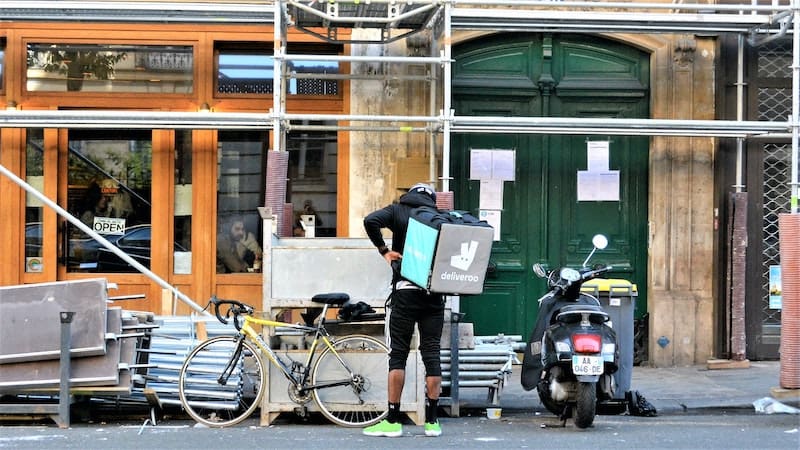Green Agenda invites contributions that bring together old and new critiques about how to do work, as we rethink work and reclaim our collective future.
Submit expressions of interest here
What does the future of work look like? And how do we imagine that future as we imagine the future of our society, democracy, economy, and environment?
This September, the new Albanese Labor Government is hosting a “Jobs and Skills Summit”, with a narrowly-defined idea of work. At the other end of the spectrum, and the month, the Basic Income Earth Network global congress will be held in Meanjin/Brisbane, inviting a radical reinvention of labour and welfare economics.
Between and beyond lies a myriad of possibilities for us to explore.
Centrist politicians, business futurists, and so-called thought leaders may speak gushingly, or fearfully, of changes brought about by new tech as unavoidable disruption or ‘creative destruction’. And though automation, algorithms and AI are reshaping entire workplaces and ways of working, the reality for most of us remains one of unfulfilling and privatised work – of precarious work and living within global racial capitalism or settler colonial realities.
Gendered, racial and anti-ecological scripts written into our work ethic, tech gadgets, and industries shape both offshore and online platforms extracting value from the depths of nature and our bodies. The violence of our economy requires expanding sacrifice zones in exchange for Deliveroo dark kitchens.
To round out the vision (dystopian or not), there’s the ongoing dislocation of communities and ways of living across the global South and North brought on by the compounding effects of ecosystem devastation, rising seas, biodiversity loss and a radically changed climate. The capital, tech-driven, colonising, and carbon-backed anti-ecological scenario is by now well-known.
But what if we were to shift the question to consider the future of work within radically democratic communities? What if we were to centre and honour the interdependent ecologies of human communities and non-human natures? How different would this future look if we were to reimagine the ends of work together with the commitments of our ecological politics? Once work is intimately tied to community and collective participation, displacing the privatised and individualised form it currently takes, what powerful future awaits?
For the upcoming issue of Green Agenda we welcome writing and creative work by those who are working to change work, through political organising or activism, through direct action or slower living, by working with collectives or communities, through advocacy and cooperation.
Rather than the end of work, can we explore its ends? The what fors, the whys and the hows?
Against neoliberal work culture which seeks to depoliticise toxic employment while shifting the burden onto individual self-management and ‘flexibilisation’, we welcome creative explorations of work, post-work, and anti-work that look at pleasure, joy, cooperation, and social and ecological change.
We welcome contributions seeking to reposition work ecologically or reimagining work in relation to degrowth and post-carbon futures; contributions looking at the work of organising and activism or resistance to and refusal of work; ecofeminist, social reproduction and anti-work approaches; contributions looking at conviviality and care, housework, affective work, sex work; disability and ableism; food and agroecology; lived experience and critiques of workfare; worker cooperatives and worker-recovered companies; unionism, climate change and green work; the political potential of co-working spaces, wageless living and post-wage work; decolonisation and the work of critique.
Expression of interest, submit here.
Yours,
Carlos Eduardo Morreo
Editor, Green Agenda
